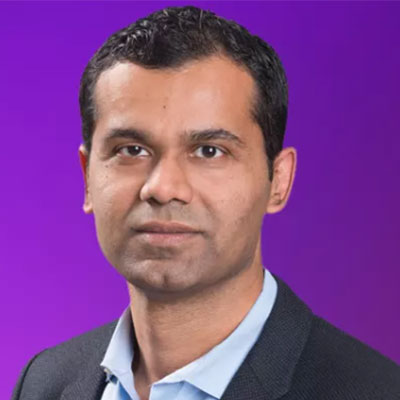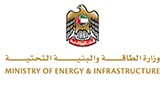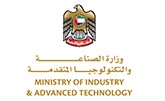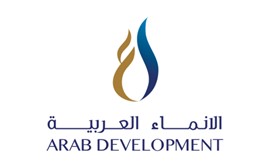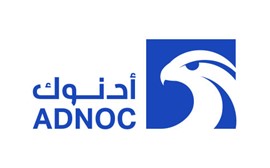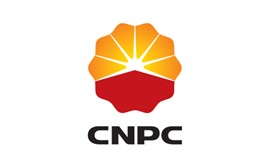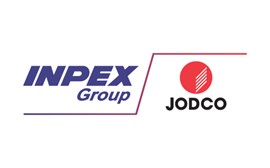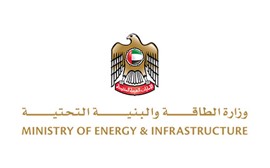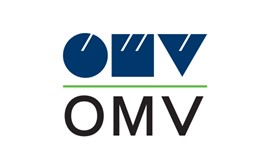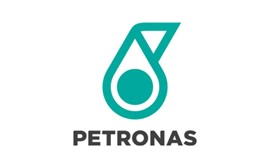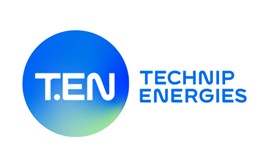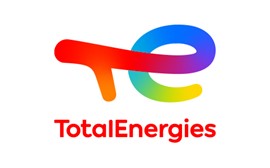Defining The Global Energy Future
The invitation-only ADIPEC Leadership Roundtables gather Ministers, C-level industry executives and policymakers to explore the new ideas and transformative thinking, shaping the energy sector. As an important cornerstone of ADIPEC’s strategic conference programme, the Leadership Roundtables provide the thought leadership and direction to drive growth over the next decade and define the global energy future.
The energy industry continues to navigate geopolitical shifts, global economic volatility, energy supply challenges and next-generation energy solution priorities. The agenda for a clear pathway to carbon neutrality and investment in clean technologies remains a priority, even while addressing urgent energy security needs.
This year’s invitation-only Leadership Roundtables will foster conversation, generate insight, and provide networking opportunities around the energy industry’s greatest challenges, bringing together policy makers, energy leaders and industry professionals to address the key trends, challenges and opportunities facing the energy industry and the solutions required to transition to the new energy world.
Leadership Roundtables at ADIPEC 2022
Why Attend?
- Participants are positioned at the forefront of the energy industry, influencing change with insights and solution led outcomes and building a trusted support group of like-minded executives.
- Limited to 30 delegates, each of the 90-minute roundtable sessions are held under Chatham House Rule.
- The sessions are facilitated by an experienced moderator and hosted by an industry thought leader, ensuring a highly interactive discussion, and offering fresh and objective perspectives on the actions required to address the climate challenge and drive growth over the next decade.
Leadership Roundtable SESSIONS
Monday 31 October
15:00 - 16:30
Leadership Suite
Knowledge Partner
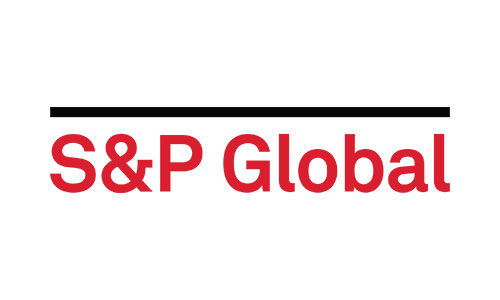
Ensuring European energy security: opportunities and challenges
Recent events have created the short-term priority for energy policy in much of the developed world to evolve from policy measures that enable affordability to drive energy security. Europe’s position is particularly fragile due to this year’s geopolitical events.
European leaders are tasked with rapidly identifying new energy trading routes to ensure energy supply can meet energy demand. This will require new partnerships and strategic alliances to enable a secure, stable and affordable energy future. The Middle East, strategically located between the East and the West, is well-positioned to address the energy needs of multiple European markets. It can also act as the gateway to Asia and Africa, establishing new energy partnerships that can facilitate energy transition around the world.
View More
The European market challenges will be a critical catalyst for the global energy system in the development of new solutions and partnerships that foster energy efficiency, next generation energy innovation, smart technology solutions and a more balanced energy mix.
Attendee Insights:
Gain insights into Europe’s energy security needs, the strategies required to address them, and key partnerships needed to create a secure, sustainable, energy future.
Moderator

Dr. Daniel Yergin
Vice Chairman
S&P Global
Tuesday 1 November
09:30 - 11:00
Leadership Suite
Hosted By
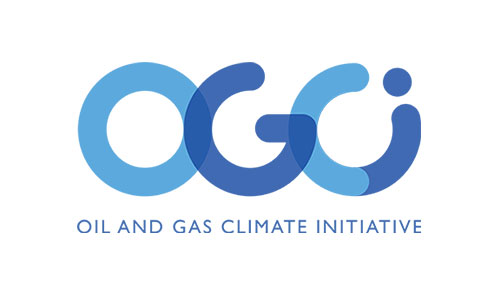
Hosted By
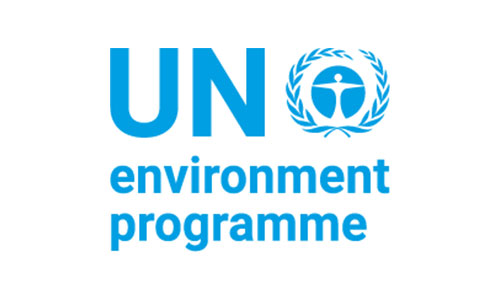
Hosted By
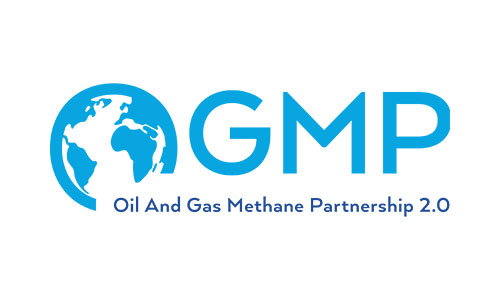
Knowledge Partner

Tackling the methane challenge: UNEP’s Oil and Gas Methane Partnership 2.0 and Aiming for Zero Methane Emissions Initiative
According to the latest IPCC Assessment Report, we need to reduce methane emissions by about one-third by 2030 to stay on track to reach the Paris Agreement goal of limiting climate warming to 1.5°C. The oil and gas industry is one of the largest human-made methane emission sources. However, technologies are available today to rapidly reduce methane emissions in the short-term at a low net cost. The IEA, in its Net Zero by 2050 Roadmap, requires a 75% reduction in oil and gas methane emissions by 2030.
The Oil and Gas Methane Partnership 2.0 (OGMP 2.0), managed by UNEP’s International Methane Emissions Observatory (IMEO), aims to support companies to realise and credibly report on deep reductions of methane emissions. OGMP 2.0 is a measurement-based reporting framework covering all material sources of methane emissions from both operated and non-operated assets across all segments of the value chain. Today, more than 80 oil and gas companies have joined the initiative, representing over 30% of global oil and gas production.
View More
In addition to accurately measure and report methane emissions information, driving down emissions requires setting ambitions and implement mitigation actions. Assuming that virtually all methane emissions can and should be avoided, The Aiming for Zero Methane Emissions Initiative, incubated by the CEOs of the Oil and Gas Climate Initiative (OGCI), establishes an all-in approach that treats methane emissions as seriously as the oil and gas industry already treats safety or oil spills: aiming for zero and striving to do what is needed to get there. It is a tangible, ambitious effort to eliminate the industry’s methane footprint by 2030, complementing other voluntary initiatives, such as the Methane Guiding Principles. This industry has proved its ability to set a global standard when such mindset changes happen, and it is critical to understand the strategies, technologies and solutions needed to get to this goal. Launched in March 2022, the initiative is today already supported by the CEOs of more than 50 companies, both producers and players across the oil and gas value chain.
Attendee Insights:
Gain insights into the industry perspective on OGMP 2.0, the Aiming for Zero Methane Emissions Initiative, and gather ideas and commitments to drive forward these initiatives and explore other strategies the industry is putting in place to reduce methane emissions.
Host

Bob Dudley
Chair
OGCI
Host

Manfredi Caltagirone
Head of the International Methane Emissions Observatory
UNEP
Moderator

Martha Vazquez
Partner & Associate Director, Upstream O&G
Boston Consulting Group
Moderator

Simon Birkebaek
Partner
Boston Consulting Group
Tuesday 1 November
12:00 - 13:30
Leadership Suite
Hosted By

Content Partner

The role of oil and gas in a new energy world: energy security, climate response, industry innovation and future supply perspectives
The energy industry - especially oil and gas - influences and shapes economies at global, regional, national and local levels. This is not just true of facilitating energy supply to meet energy demand but also through business development, climate impact, employment growth, investment influence and more.
View More
Today’s rapidly evolving energy landscape requires an equal response - one that demands optionality in supply - from the energy industry and policymakers to evolve the way the world produces, consumes and trades energy. This needs to be achieved while also addressing current demand, net-zero ambitions and a just energy transition. It raises questions on projections for future oil and gas demand, the future role of OPEC+ and investment today in setting the stage for a secure and sustainable future.
Attendee Insights:
Learn more about future oil and gas trends, OPEC’s market perspectives and what the future may hold.
Host
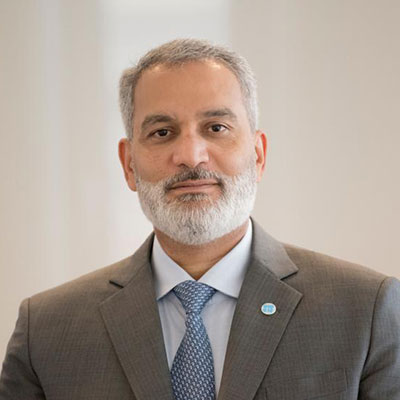
His Excellency Haitham Al Ghais
Secretary General
OPEC
Moderator

Andrew Horncastle
Partner & Head of Energy and Natural Resources
Oliver Wyman IMEA
Tuesday 1 November
14:30 - 16:00
Leadership Suite
Hosted By
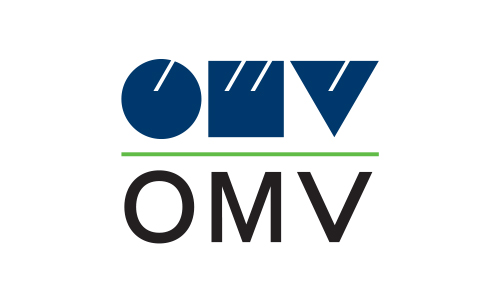
Knowledge Partner

The circular business opportunity: living up to promises and targets
Circular economy is becoming a key component of the strategy of virtually all companies across industries. The energy industry is no exception, with an array of initiatives undertaken both on the feedstock/input side and in recycling.
New value pools and opportunities are emerging along the value chain – companies will need to adopt new business models and develop new partnerships to succeed in the new ecosystems that are taking shape, and that are still up for grab.
View More
The challenge today for industry leaders and policymakers revolves around innovation, both to identify the opportunities (the ‘what?’) and to set-up their organisations for success (the ‘how?’): new capabilities and partnerships, as well as technology advancements will be key to catalyse transformation towards set (political and industry) targets. The winners will be able to reap the benefits of the circular economy opportunity, that, according to the World Economic Forum, could yield $4.5 trillion in economic benefits by 2030*.
Source: World Economy Forum
Attendee Insights:
Hear industry expert perspectives on the role circular economy can play in the strategy of energy companies, and the commercial opportunities that it can unlock.
Host
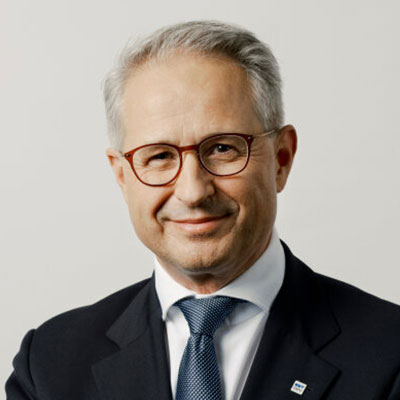
Alfred Stern
CEO
OMV
Moderator
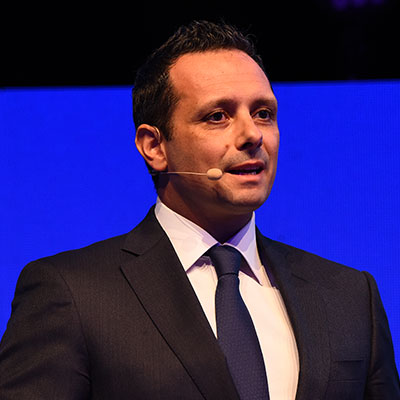
Mirko Rubeis
Managing Director and Senior Partner
Boston Consulting Group
Moderator

Christoph Michel
Managing Director and Partner
Boston Consulting Group
Tuesday 1 November
17:00 - 18:30
Leadership Suite
Hosted By

Content Partner
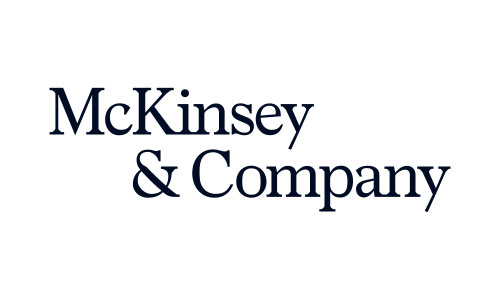
The clean hydrogen opportunity
With the global climate change debate amplifying the call to limit global warming to 1.5 degrees Celsius, clean hydrogen has emerged as a solution for hard-to-decarbonise industries such as heavy transport and manufacturing.
McKinsey analysis shows that the hydrogen share of global energy demand could reach 22% by 2050, abating some 20% of global emissions. This is an opportunity not only for companies transitioning to clean energy production but also for hydrocarbon-rich countries with access to abundant renewable energy, highly developed infrastructure, and the geographic location to develop and export clean hydrogen.
View More
The McKinsey analysis estimates clean hydrogen could create up to $3 trillion in initial GDP as well as more than 35 million initial jobs by 2050.
Attendee Insights:
Understand the opportunities hydrogen offers for the energy industry, and the technologies, investment and strategies needed for success.
Host

Maarten Wetselaar
CEO
Cepsa
Moderator

Rachid Majiti
Senior Partner
McKinsey & Company
Wednesday 2 November
09:30 - 11:00
Leadership Suite
Hosted By

Content Partner
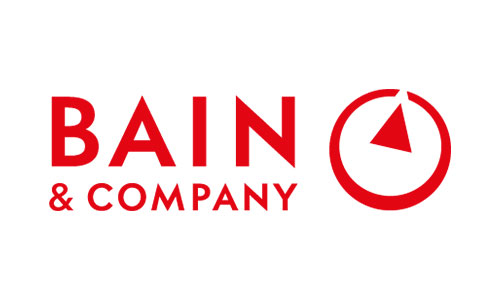
Cross-sector partnerships for a rapid transition to clean global transportation
Calls for clean transportation fuels are mounting amid growing demand for the services that move people and goods around the globe. Decisive action by energy producers is needed to bring clean, zero-carbon fuels to market - but they cannot act alone. New energy systems require coordination to bring to scale and deliver value to all participants.
Our existing hydrocarbon value chains developed slowly over a century, with multiple participants in different geographies innovating to drive commoditisation and integration. New energy systems require collaboration across the value chain to accelerate this process from production through transport to distribution and use.
View More
Energy producers will need to work with energy users in the aviation, shipping, and automotive industries to be ready for innovative clean fuels. OEMs will play a key role in creating efficient engines. Policymakers and financial institutions will need to play supportive roles, in addition to challenges of engineering the solutions with EPC players, training experts to build and service the new systems. This dialogue will explore the strategic considerations and decisions required today to meet net-zero emission goals by 2050, opportunities for collaboration between producers, consumers, policymakers and investors that can initiate real progress for greening global transport.
Attendee Insights:
Understand how these industries can collaborate for greater energy transition success against net-zero ambitions.
Host

Hisham Mundol
Chief Advisor - India
Environmental Defense Fund
Moderator

Peter Parry
Chairman of Global Energy and Natural Resources Practice
Bain & Company
Wednesday 2 November
12:00 - 13:30
Leadership Suite
Hosted By

Content Partner

New business models of NOCs and IOCs: driving a low carbon world
Since 2020, both national oil companies (NOCs) and international oil companies (IOCs) have worked to clarify the role they wish to play during and after the energy transition. Decarbonisation will reshape the global economy, opening new markets and imperiling others, forcing both NOCs and IOCs to make asset portfolio choices and evolve their understanding of a business model capable of generating value for stakeholders.
View More
It’s fair to say no industry business model template exists. Some are focusing on producing low cost, low emission hydrocarbons, leveraging new technology and digital to reduce costs, and manage carbon and emissions. Others are doing all the above and transforming themselves to cover both low carbon solutions and a new electrification agenda.
Across the industry, businesses are engaged in a fundamental transformation of their business models to, firstly, decarbonise their legacy businesses; secondly to adjust their business portfolios to position for success in a new energy system; thirdly to build green businesses to penetrate markets that their current models cannot serve; and fourthly to differentiate in existing markets with green products and value propositions like green liquified natural gas (LNG).
Attendee Insights:
Understand how NOCs and IOCs are changing their strategies, which markets can offer them the best growth opportunities and what partnerships may best facilitate success.
Host

Peter Wood
Chief Energy Advisor
Shell
Moderator

Florent Maisonneuve
Managing Director
Alvarez & Marsal
Wednesday 2 November
14:30 - 16:00
Leadership Suite
Hosted By

Content Partner

Digital technologies and capabilities: facilitating transformation success
The need to transform both business and operating models will undoubtably benefit from placing digital technologies and capabilities at the core of business operations as a critical enabler of strategic change.
The energy industry has indeed worked hard over many years at enhancing digital technologies and capabilities across business operations. However, the digital agenda will need to shift from digitisation of business processes to the digitalisation of a business, allowing businesses to connect people, organisations and resources in an interactive ecosystem through digital technology.
View More
New energy platform businesses will bring together producers and users in efficient exchanges of value as they leverage the network effect of access to more participants and the opportunity of delivering greater value. This will require a new talent agenda to attract and retain the talent pool of the future by meeting evolving expectations and priorities.
Attendee Insights:
Understand how digital technologies can enable transition and net-zero agendas as well as what is needed to attract and retain the talent needed to support progress.
Host

Uwa Airhiavbere
GM Oil & Gas for Energy& Resources
Microsoft
Moderator
